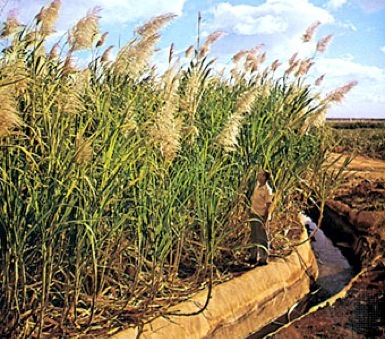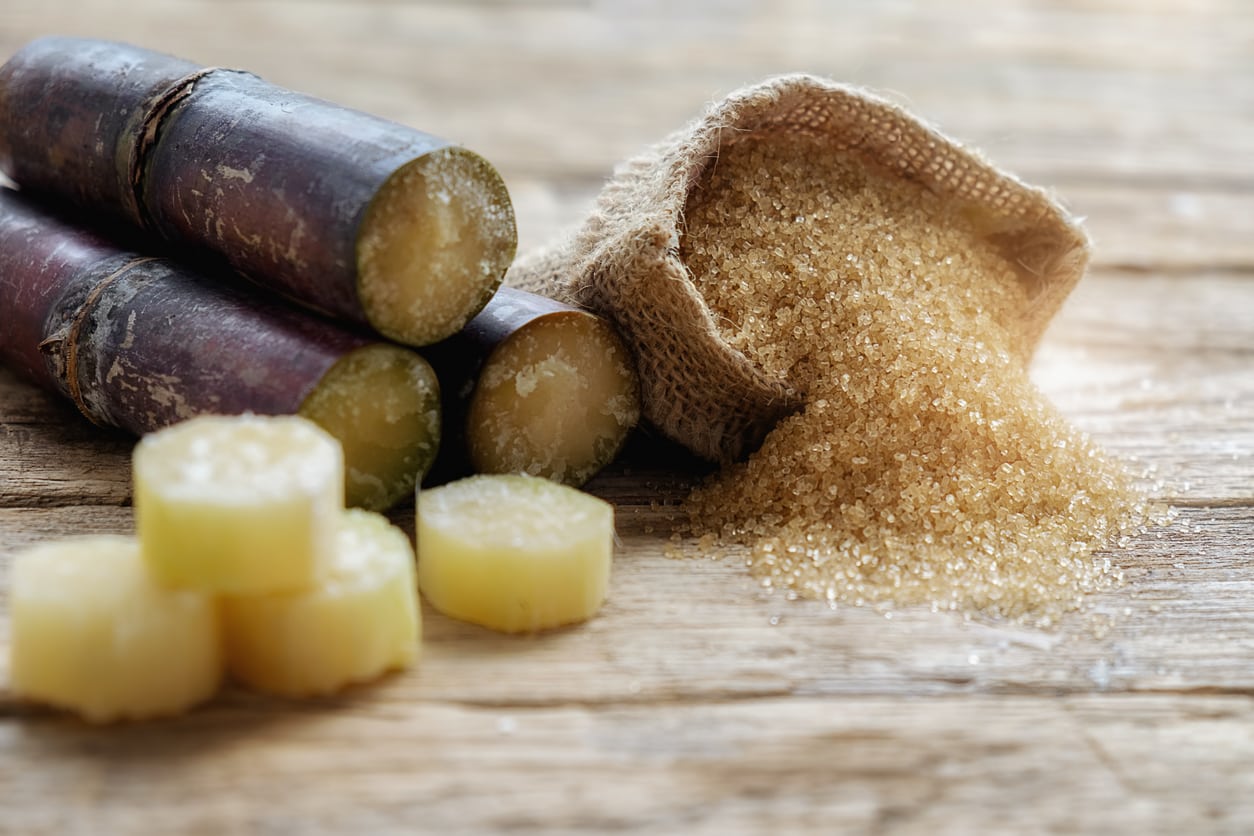Why Sugar and Cane Are Essential Ingredients in Baking and Cooking
Why Sugar and Cane Are Essential Ingredients in Baking and Cooking
Blog Article
Why Walking Cane Sugar Processing Chemicals Are Critical for Modern Sugar Refining
The duty of cane sugar processing chemicals in modern sugar refining can not be overstated, as they are important to boosting both the effectiveness of extraction and the general high quality of the final product. Agents such as phosphoric acid and certain flocculants are utilized to remove contaminations, resulting in sugar that not just fulfills consumer expectations yet likewise sticks to market standards.
Function of Processing Chemicals
The efficacy of cane sugar handling hinges substantially on the critical application of handling chemicals. These chemicals play a crucial function in enhancing the efficiency and quality of sugar removal and refining. From the first stages of juice extraction to the last filtration steps, processing chemicals assist in numerous important procedures.
In the extraction stage, chemicals such as phosphoric acid and calcium hydroxide are employed to optimize the explanation procedure, helping to remove contaminations and put on hold solids from the cane juice. This not just enhances the return however also ensures the quality of the final product. Furthermore, agents like flocculants help in the fast settling of impurities, consequently simplifying the total procedure.
As the handling breakthroughs, chemicals are used in decolorization and crystallization phases. Activated carbon and ion exchange materials offer to eliminate shade and odor, making certain that the polished sugar meets customer quality criteria. Eventually, the function of handling chemicals extends past operational efficiency; they dramatically impact the sensory features of the final item, adding to market competitiveness. Therefore, the thorough selection and application of these chemicals are essential for accomplishing optimum end results in walking stick sugar handling.
Secret Kinds Of Chemicals
Walking cane sugar handling counts on a variety of key chemicals that help with each phase of manufacturing. These chemicals play vital duties in clearing up, lightening, and purifying the sugar extracted from cane.
One main group of chemicals includes flocculants, such as polyacrylamide, which aid in the information process by promoting the gathering and settling of pollutants. Furthermore, calcium hydroxide is commonly employed to reduce the effects of acidity and assist in the removal of non-sugar components.
Bleaching agents, such as turned on carbon and sulfur dioxide, are made use of to decolorize the syrup, causing a more clear end product. These chemicals help eliminate color substances that might affect the sugar's appearance and marketability.
Furthermore, phosphoric acid acts as a pH regulatory authority during the processing stages, making sure ideal conditions for the chemical tasks associated with sugar removal and purification.
Various other vital representatives include edta (ethylenediaminetetraacetic acid), which chelates steel ions that could militarize unfavorable reactions, and salt hydroxide, which assists in pH control throughout the refining process. Collectively, these chemicals boost effectiveness and ensure a top quality walking stick sugar product.
Advantages for Sugar Quality
Often ignored, the usage of certain processing chemicals significantly improves the overall quality of walking cane sugar. These chemicals play an essential role in refining procedures, ensuring that the end product meets rigorous sector standards for pureness and preference.

In addition, refining chemicals aid in attaining a regular granulation and structure, which are important for customer acceptance. By controlling the crystallization procedure, these chemicals make certain that the sugar crystals form evenly, leading to a more appealing item that liquifies well in various applications.
Moreover, the usage of these chemicals can enhance the rack life of cane sugar by minimizing wetness absorption and microbial growth. In general, the tactical application of handling chemicals is necessary for providing high-grade walking cane sugar that satisfies consumer assumptions and industry demands.
Ecological Effect Considerations

In addition, the energy-intensive nature of sugar refining, worsened by chemical use, frequently leads to enhanced carbon discharges. This adds to environment change and increases worries pertaining to the sustainability of existing refining techniques. In addition, the sourcing of these chemicals may include methods that threaten biodiversity, such as monoculture farming, which minimizes the durability of agricultural communities.

To reduce these impacts, sugar refiners are significantly discovering sustainable alternatives and taking on ideal methods that decrease chemical usage. Executing extensive environmental monitoring systems can aid make sure that the refining procedure straightens with environmental standards and advertises biodiversity. Eventually, a well balanced strategy that focuses on both sugar quality and ecological stewardship is necessary for the long-lasting viability of the sugar market.
Future Patterns in Refining
As the sugar industry faces the environmental challenges related to conventional refining methods, cutting-edge methods are arising to improve both performance and sustainability. One substantial trend is the fostering of green chemistry concepts, which focus on making use of non-toxic, eco-friendly processing chemicals. This change not only minimizes ecological effect yet also addresses customer demand for cleaner production methods.
One more appealing growth is the implementation of innovative filtration modern technologies, such as membrane separation and adsorption procedures. These strategies improve the quality and quality of the sugar while minimizing the quantity of wastewater generated during refining. Furthermore, the assimilation of digital innovations, consisting of IoT and AI, is changing functional efficiency by allowing real-time tracking and anticipating upkeep, thus reducing source waste.
In addition, using spin-offs from sugar refining, such as bagasse and molasses, is getting traction. These materials can be transformed right into biofuels or value-added items, adding to a circular economic situation within the market. Jointly, these patterns signify a change in the direction of more lasting techniques that not just improve operational efficiency but likewise line up with worldwide sustainability goals, ensuring the future stability of sugar refining.
Conclusion
Cane sugar processing chemicals are necessary in modern-day sugar refining, substantially boosting the performance and top quality of sugar removal. The strategic use of these chemicals not only enhances the purity and flavor of the end product yet likewise makes sure constant condensation and texture. he has a good point As the industry significantly prioritizes sustainability, the adoption of environmentally-friendly processing representatives is most likely to form future patterns in refining, inevitably leading to greater top quality products and extended service life for consumers.

Eventually, a balanced strategy that prioritizes both sugar high quality and ecological stewardship is crucial for the long-term practicality of the sugar sector.
Cane sugar processing chemicals are vital in modern-day sugar refining, significantly boosting the efficiency and high quality of sugar removal.
Report this page